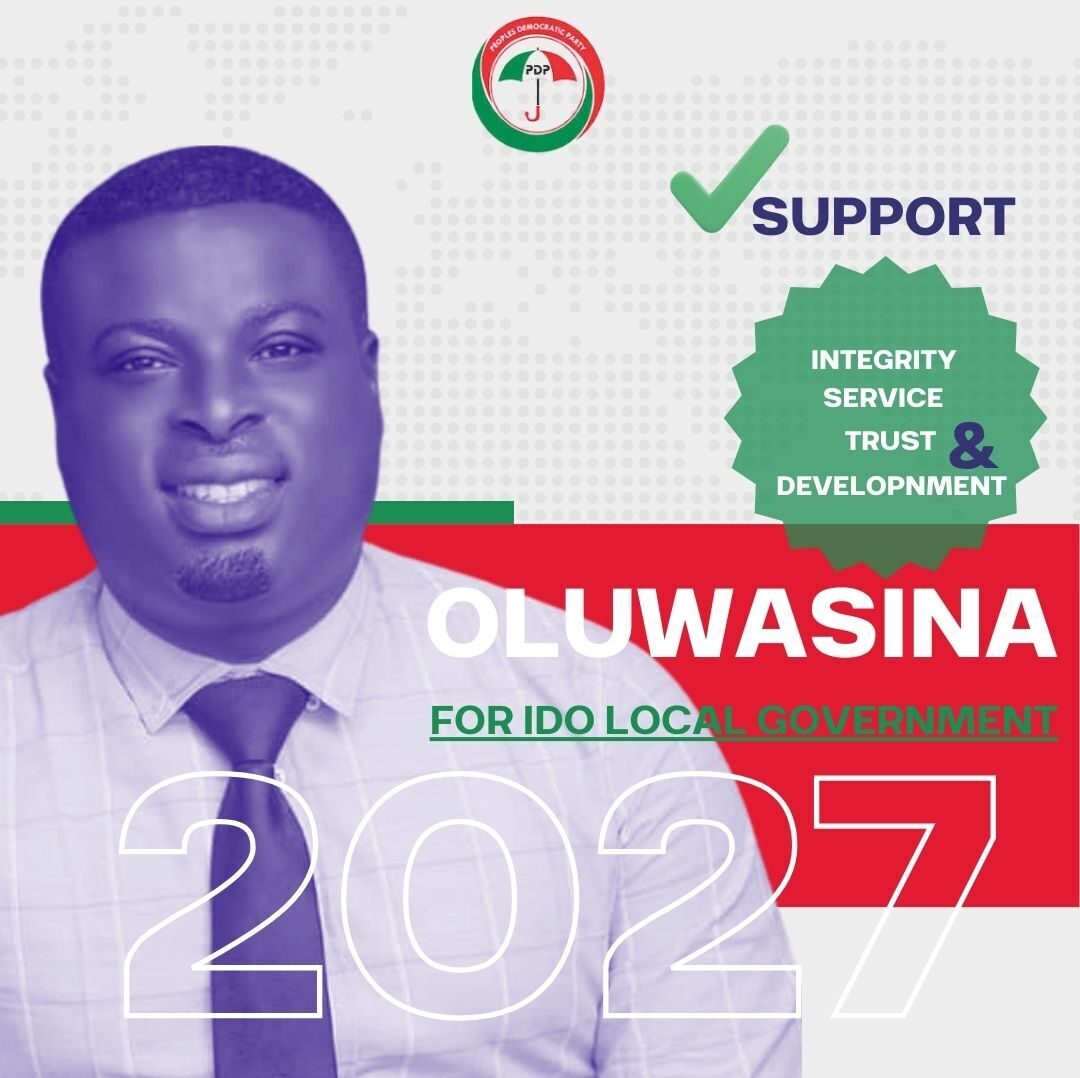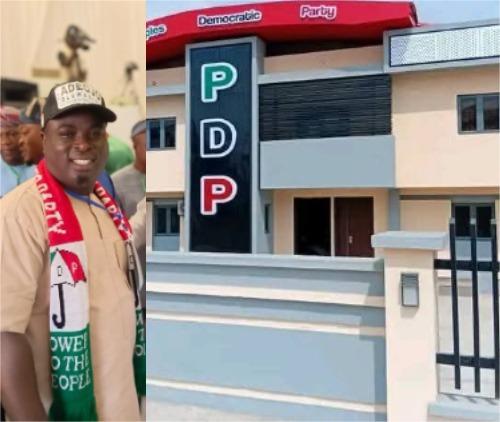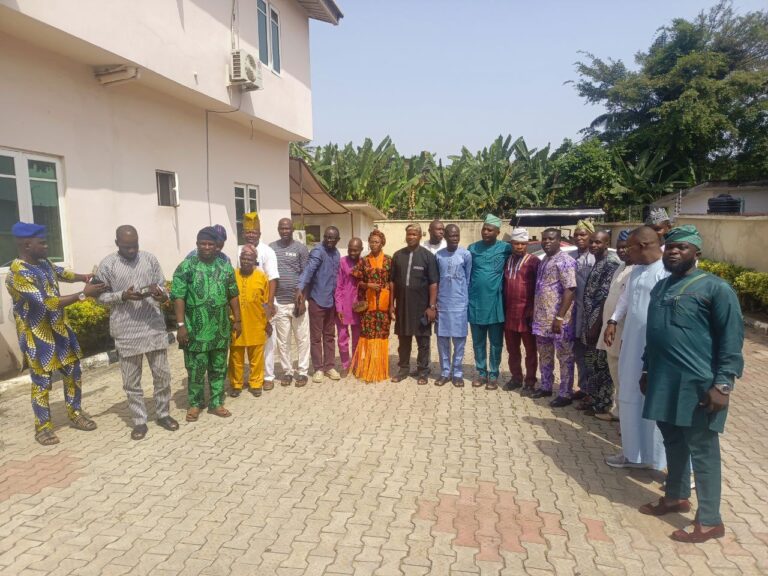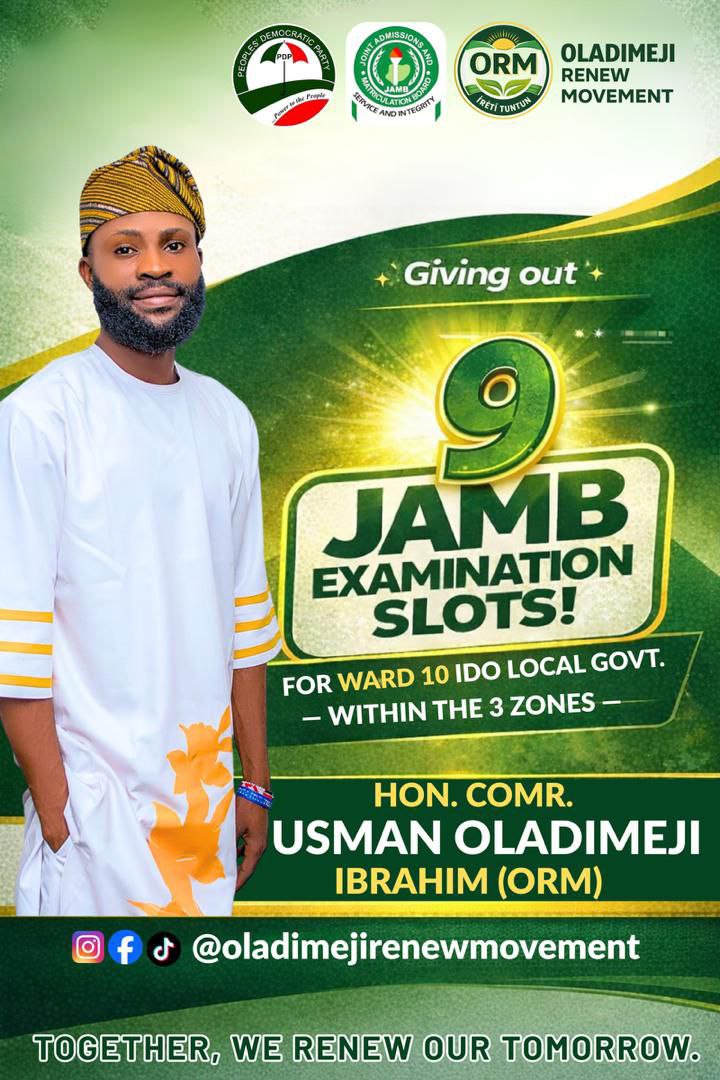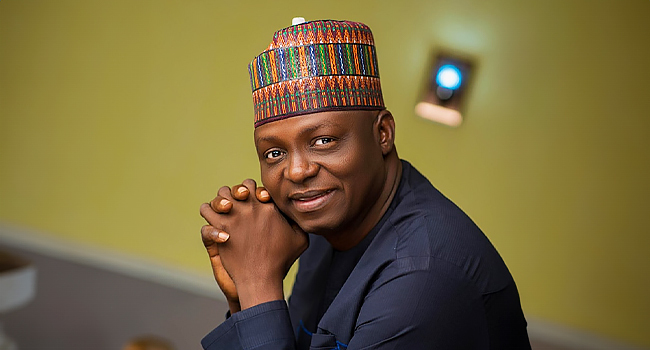
The newly appointed National Chairman of Nigeria’s ruling All Progressives Congress (APC), Dr. Nentawe Yilwatda, has pledged to lead the party with a firm yet inclusive approach, vowing to make difficult decisions that will strengthen internal unity and expand the party’s political dominance across the country.
Yilwatda made these remarks on Thursday during an interview, just hours after his official emergence as APC National Chairman at the party’s National Executive Committee (NEC) meeting in Abuja.
“The confidence they have in me is to make sure I take tough decisions, but with gentility and teamwork for the collective interest of the party,” Yilwatda said.
Drawing parallels with President Bola Ahmed Tinubu’s leadership style, Yilwatda described himself as calm and soft-spoken, but ready to drive reform with bold and strategic choices. He stressed that effective leadership in the current political climate would require a combination of firmness, collaboration, and visionary thinking.
“If you look at the body language of Mr. President he’s soft-talking, calm, gentle but look at the kind of decisions he’s taking, even in areas where people fear to tread. I intend to follow the same path; make tough decisions in a gentle manner, but always in the party’s best interest,” he added.
Focus on Party Unity and Growth
Yilwatda identified party unity and growth as his top priorities, noting that the APC, which currently controls 23 out of Nigeria’s 36 states, must consolidate its gains while working aggressively to woo members of opposition parties.
“My job is to unite the party and expand the party. We have 23 governors and we are still counting. We will do the legwork, engage stakeholders, and bring in more governors and leaders,” he said.
So far in 2025, two sitting governors; Umo Eno of Akwa Ibom and Sheriff Oborevwori of Delta have defected from the Peoples Democratic Party (PDP) to the APC, marking a significant political shift in the country’s southern region.
The APC now holds sway in 23 states, while the PDP controls 10 states. The Labour Party (LP), New Nigeria Peoples Party (NNPP), and All Progressives Grand Alliance (APGA) each govern one state.
Yilwatda believes this trend can continue with deliberate outreach and party restructuring. His strategy includes bridging internal divisions, reinvigorating the party base, and attracting fresh political talent across the country.
Tapping into Party Elders’ Experience
The new chairman also disclosed plans to work closely with his predecessors, including former governors Abdullahi Ganduje, Adams Oshiomhole, Abdullahi Adamu, and Mai Mala Buni, all of whom remain active in the party.
“We have a rich pool of experience in this party. I intend to consult widely and learn from those who have come before me. This is not a one-man show it will require collective leadership and institutional wisdom,” he explained.
He reaffirmed that one of his first assignments would be to strengthen the internal cohesion of the party and ensure smooth coordination with elected officials, state chapters, and party organs to effectively implement the APC’s manifesto.
Yilwatda brings a blend of academic, administrative, and political experience to the role. A registered engineer by profession, he was formerly a lecturer at the Federal University of Agriculture in Makurdi, Benue State. He later served as a Resident Electoral Commissioner with the Independent National Electoral Commission (INEC), where he gained firsthand experience in Nigeria’s electoral system.
Until recently, Yilwatda served as the Minister of Humanitarian Affairs and Poverty Reduction, a position he was appointed to by President Bola Tinubu in October 2024. He vacated the post following his election as APC national chairman.
“I’m coming into this role with experience from the private sector, academia, electoral processes, administration, and now political engagement. All these are building blocks that have prepared me to take on the responsibility of leading the APC at this critical moment,” he said.
Yilwatda was also the APC’s gubernatorial candidate in Plateau State during the 2023 elections, where he lost to Caleb Mutfwang of the PDP. His strong showing in that election and his continued presence in national politics eventually positioned him for a bigger leadership role in the party.
Political observers say Yilwatda’s emergence as chairman comes at a time when the APC faces mounting pressure to perform in governance while also consolidating power ahead of the 2027 general elections. The new chairman’s leadership will be key to balancing internal dynamics and responding to the expectations of party members and the Nigerian electorate.
In his words, “We are at a defining moment. The party must be united, strategic, and responsive. My role is to ensure the APC remains a vehicle for good governance, democratic progress, and national development.”
As he settles into his new role, expectations are high that Yilwatda will inject fresh energy into the APC and provide steady leadership as the party charts its path forward in Nigeria’s complex political terrain.

